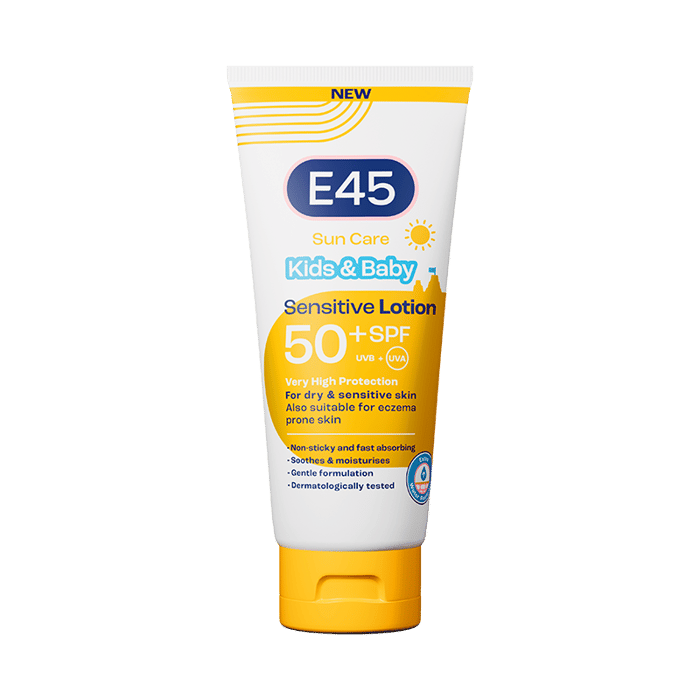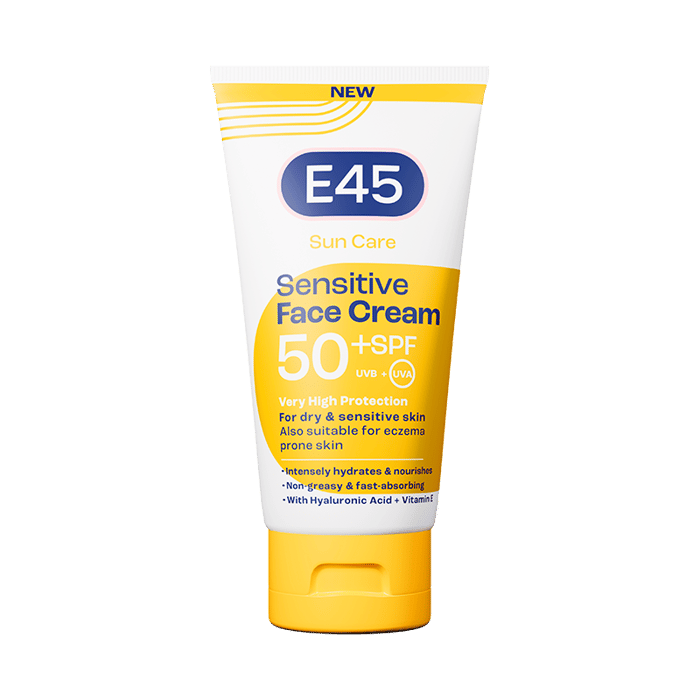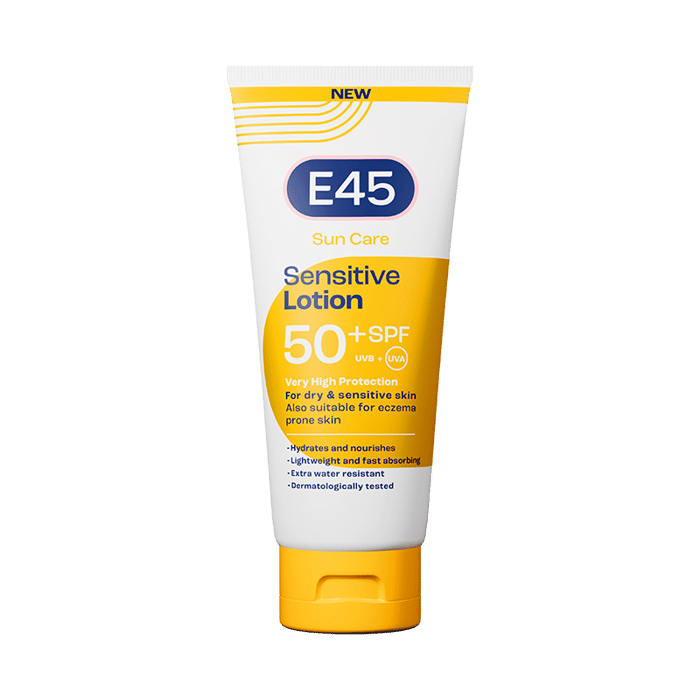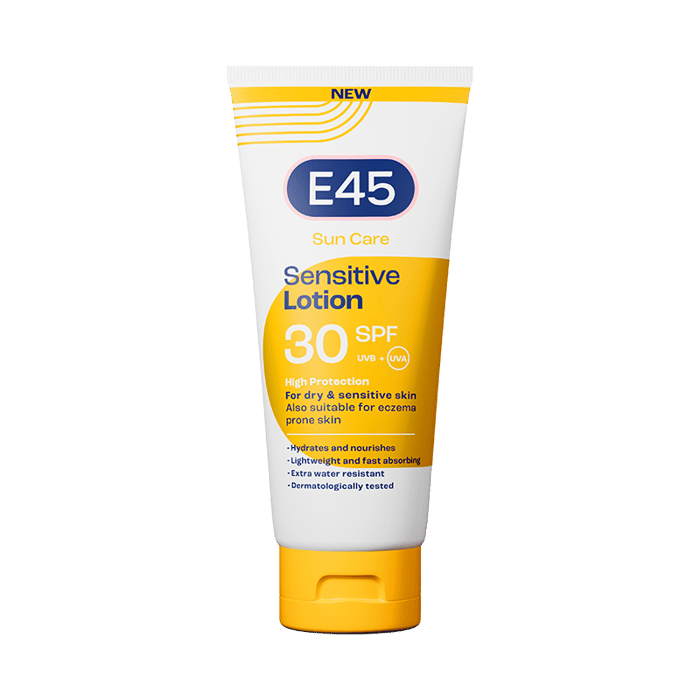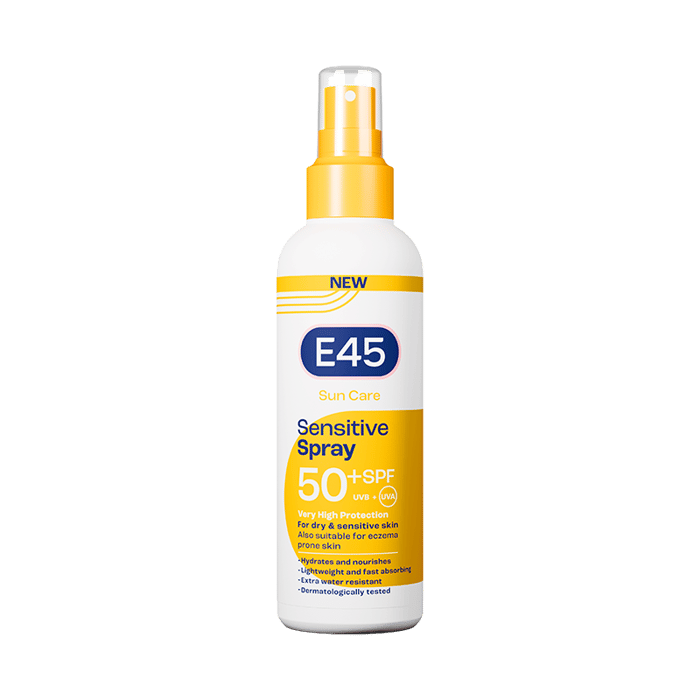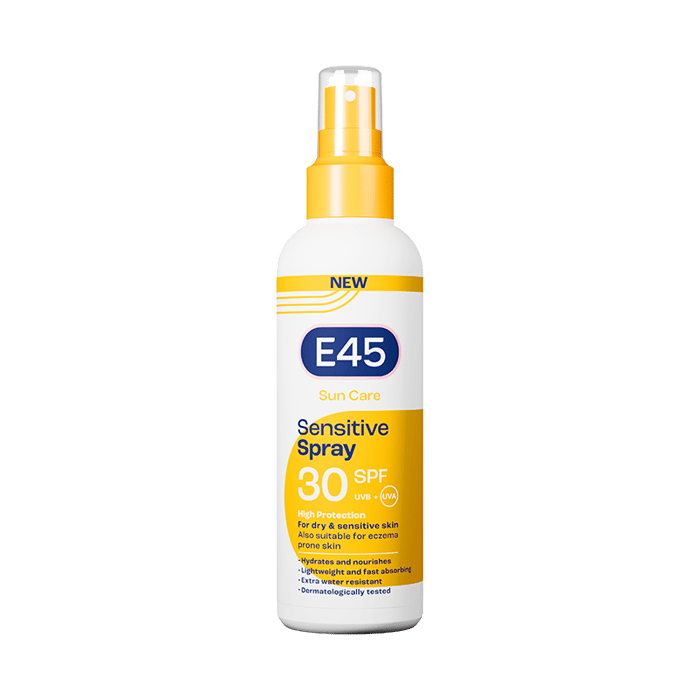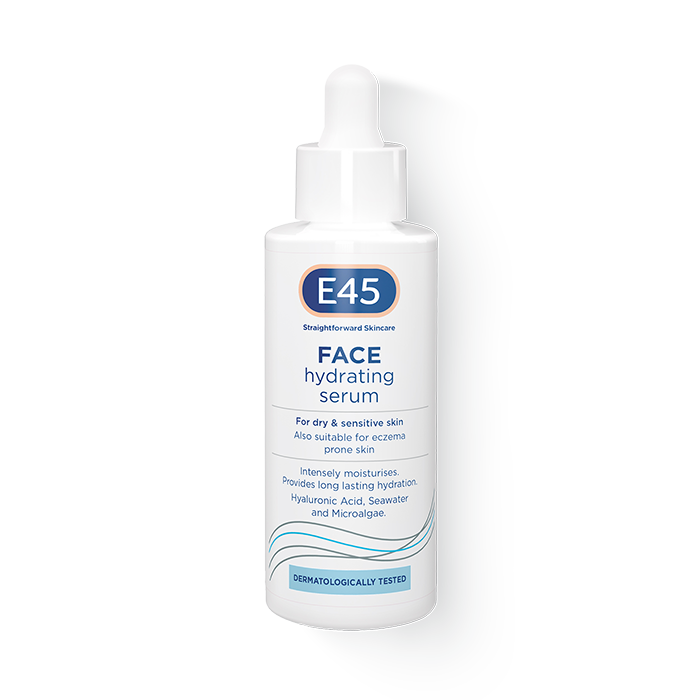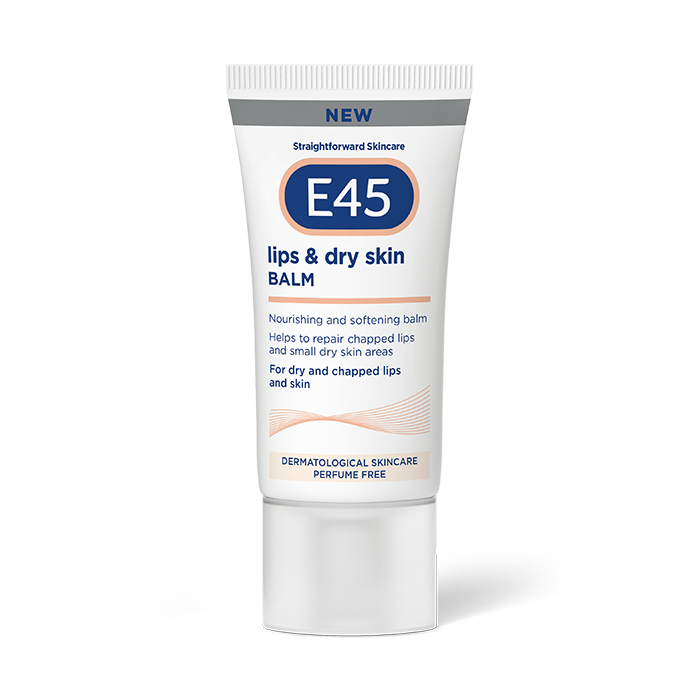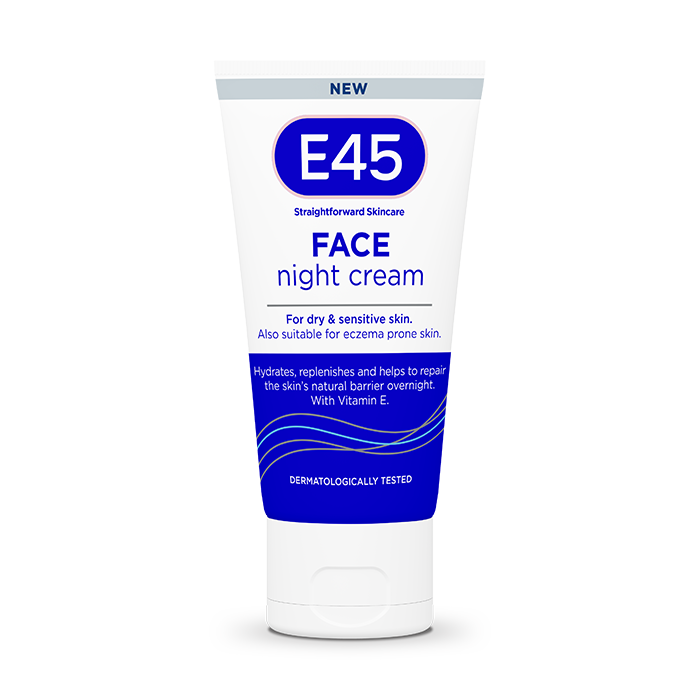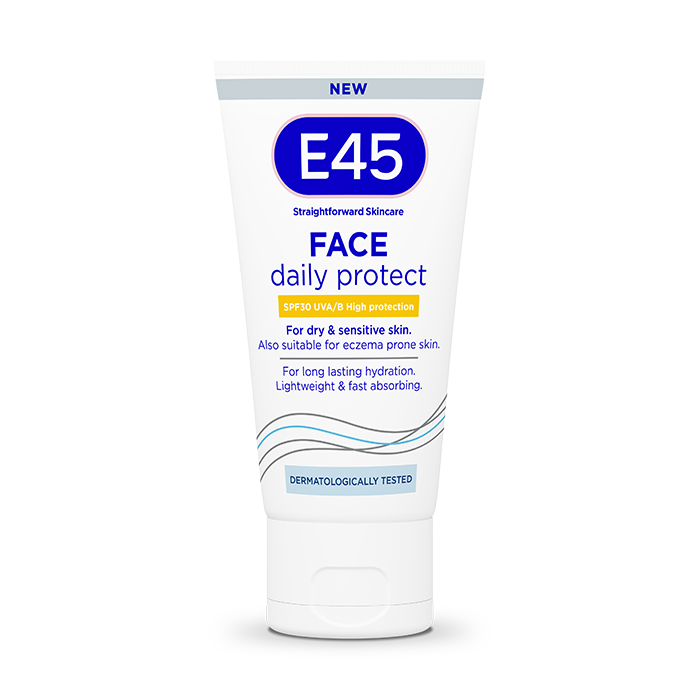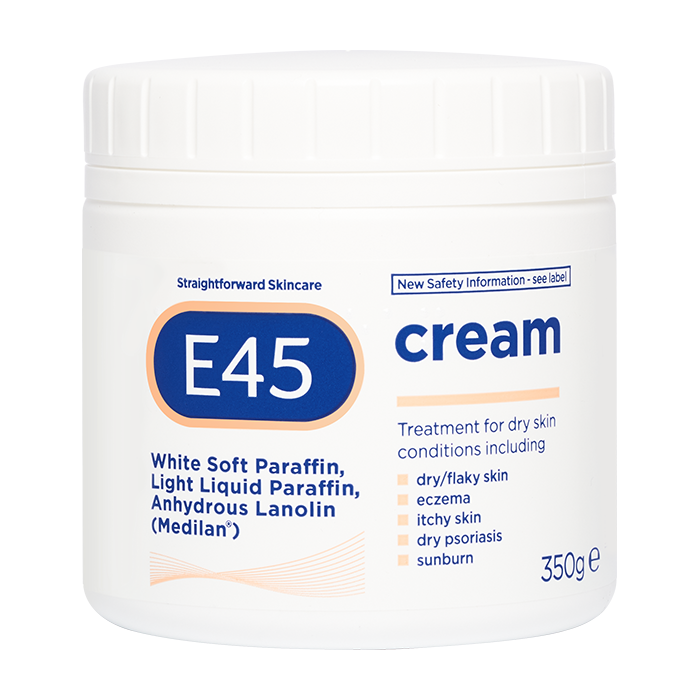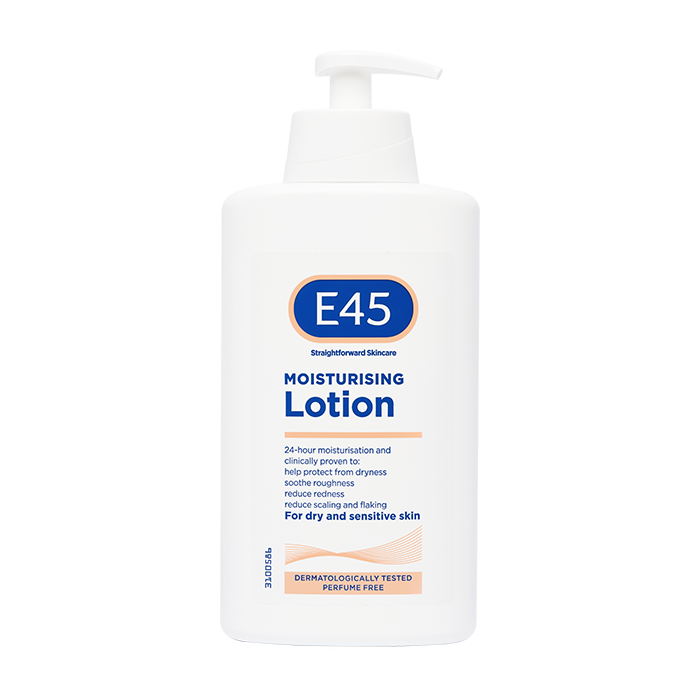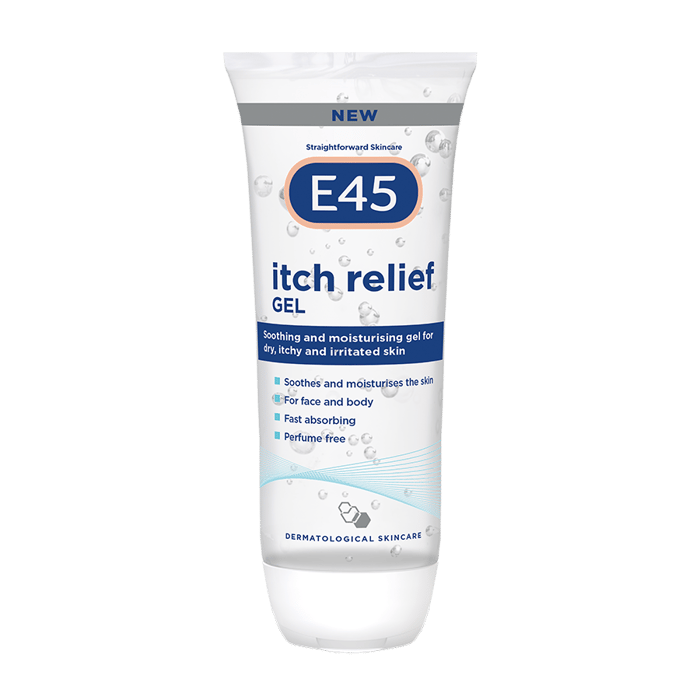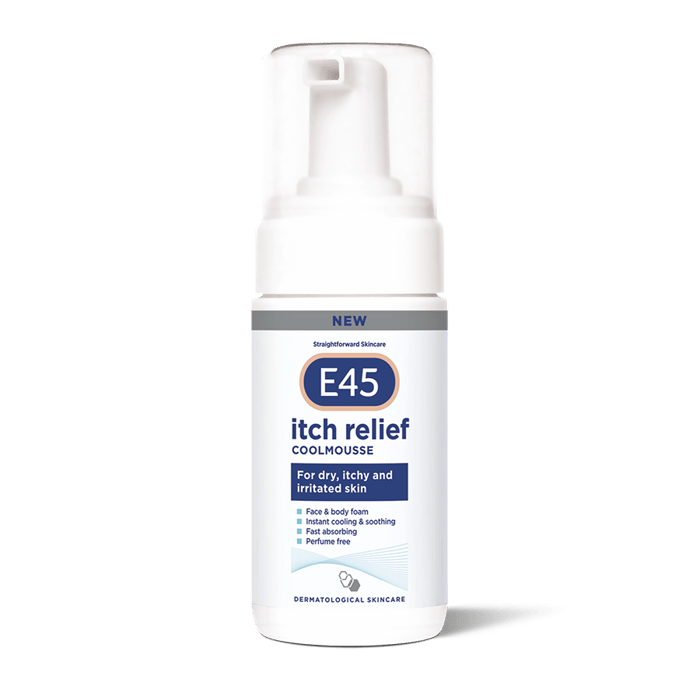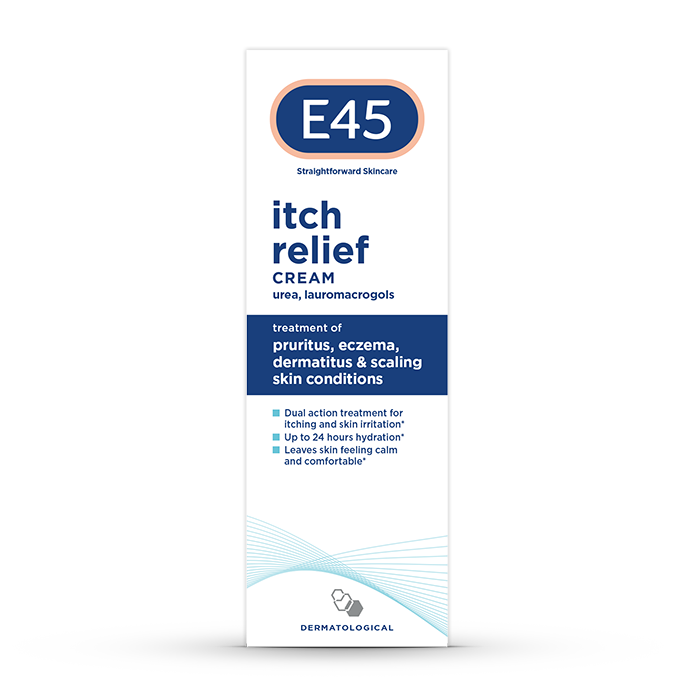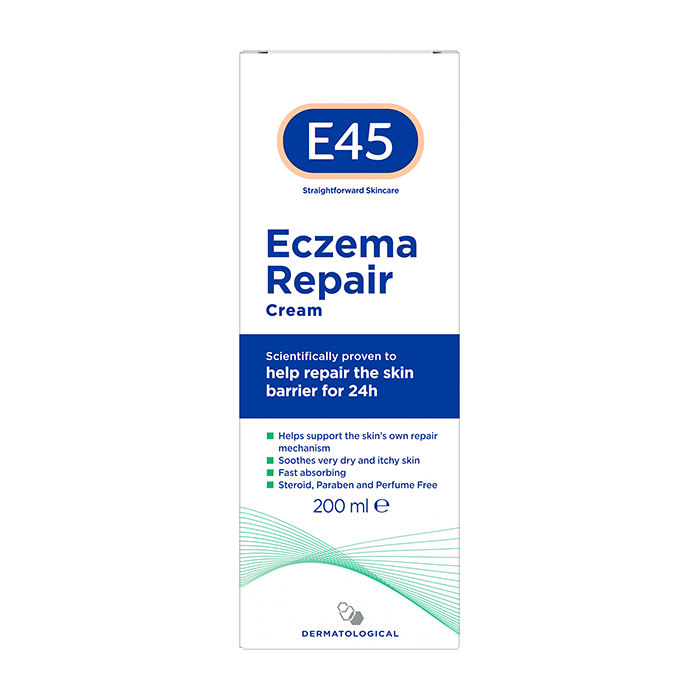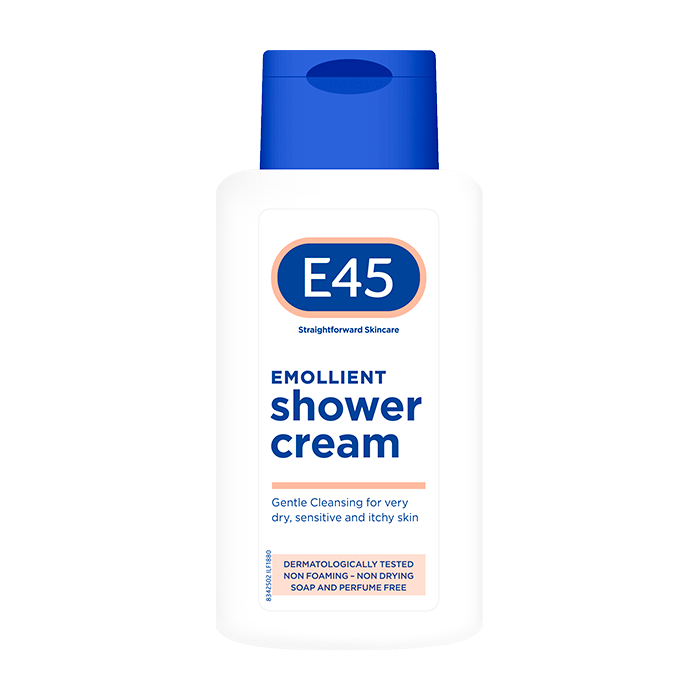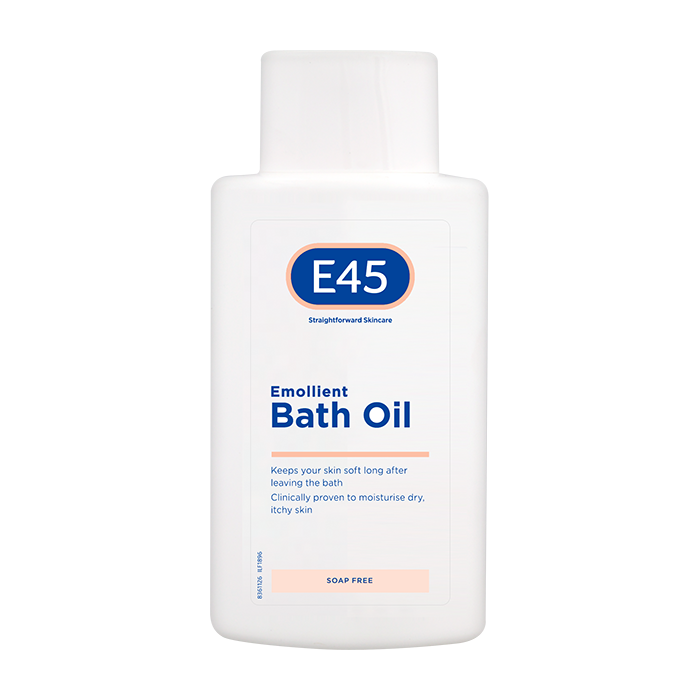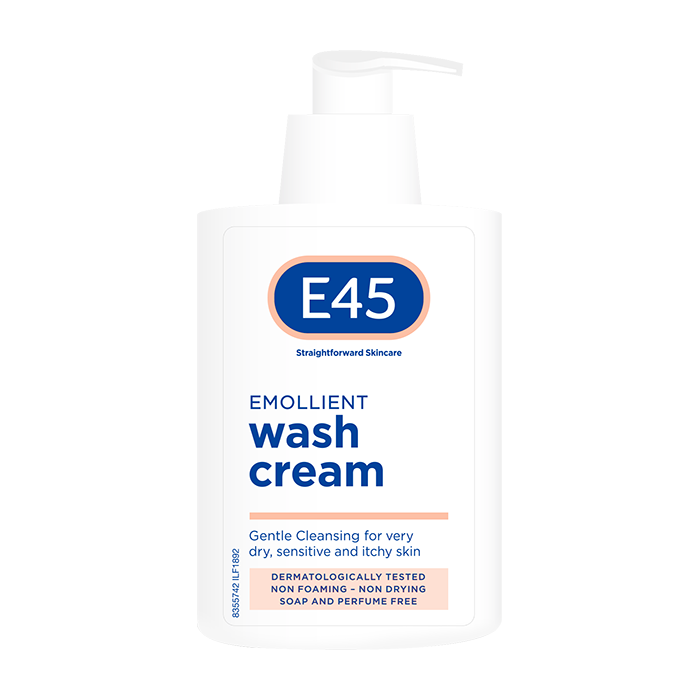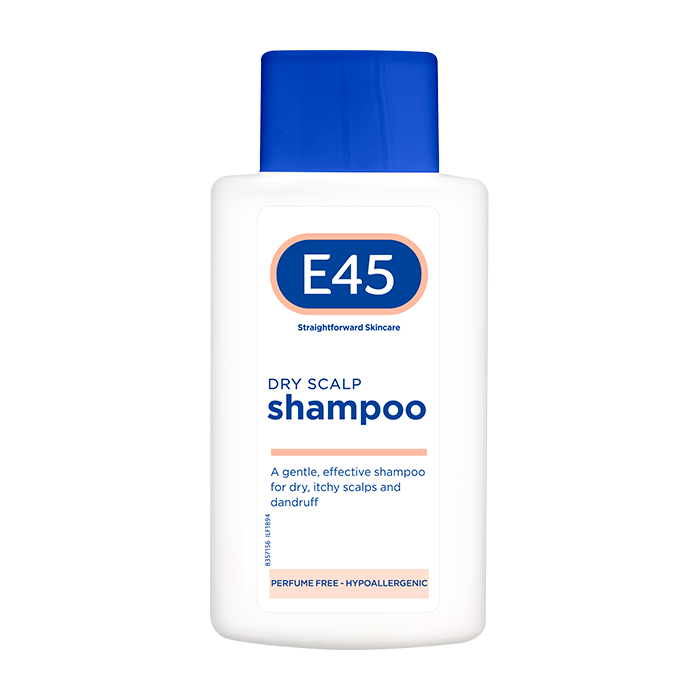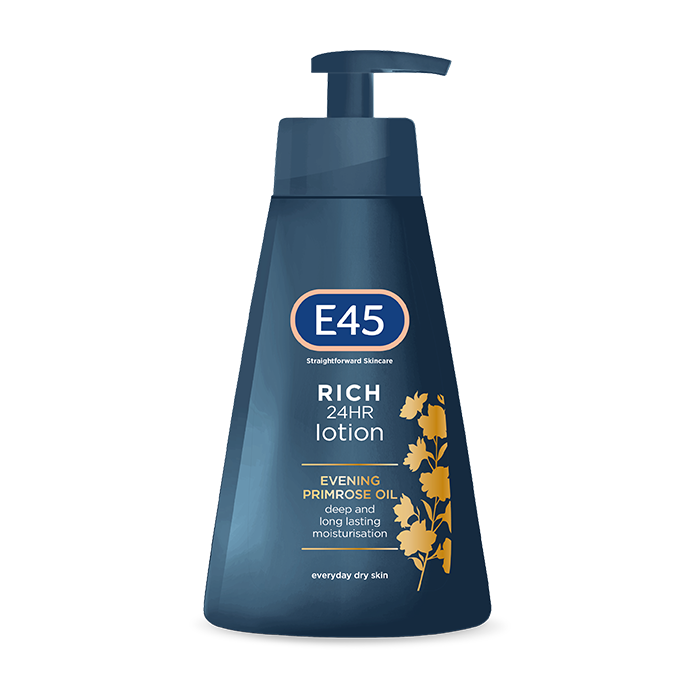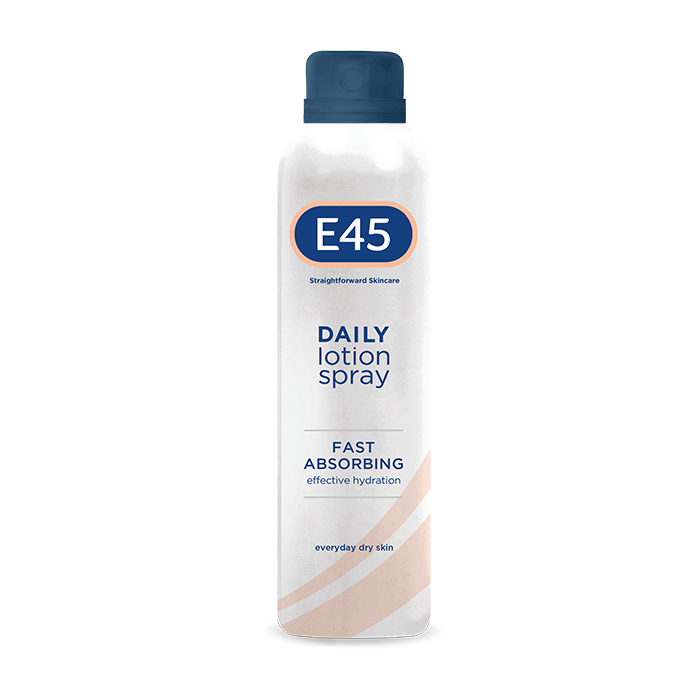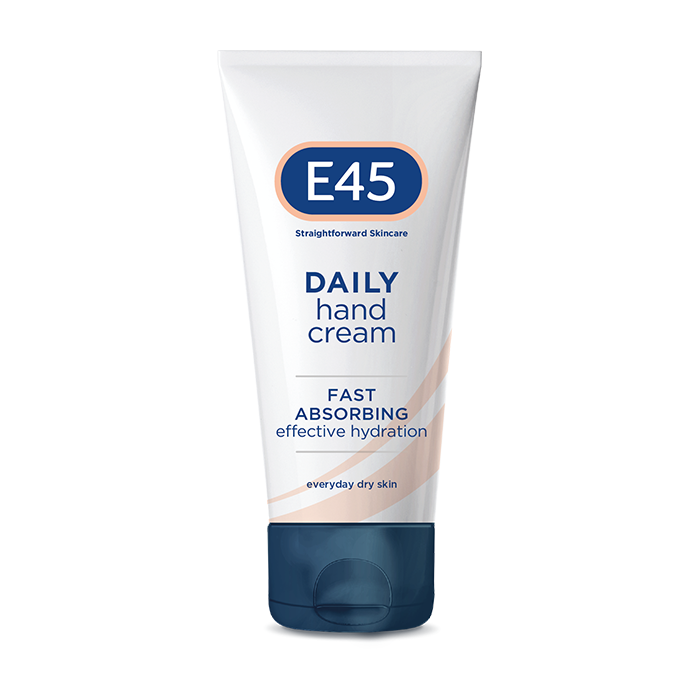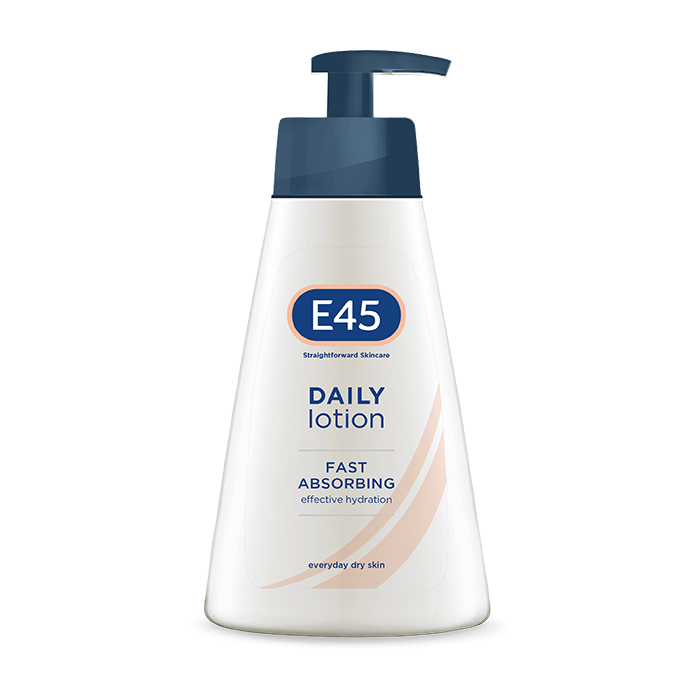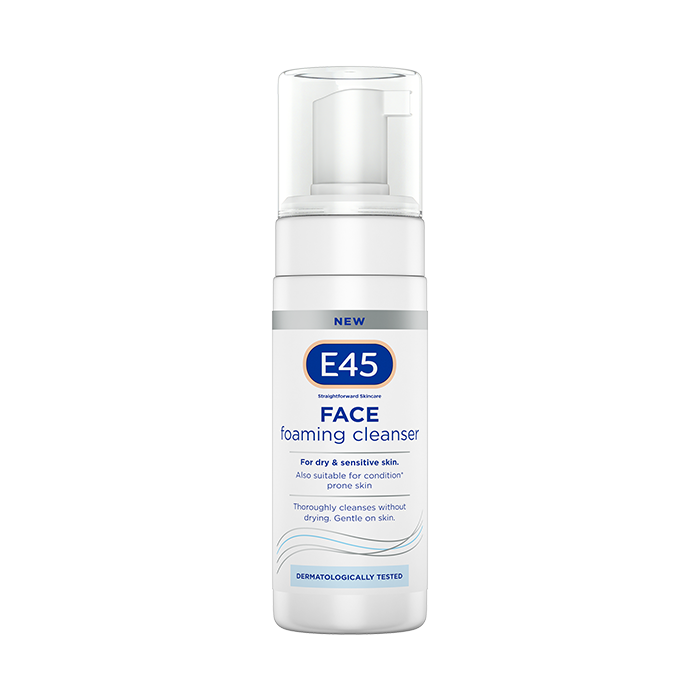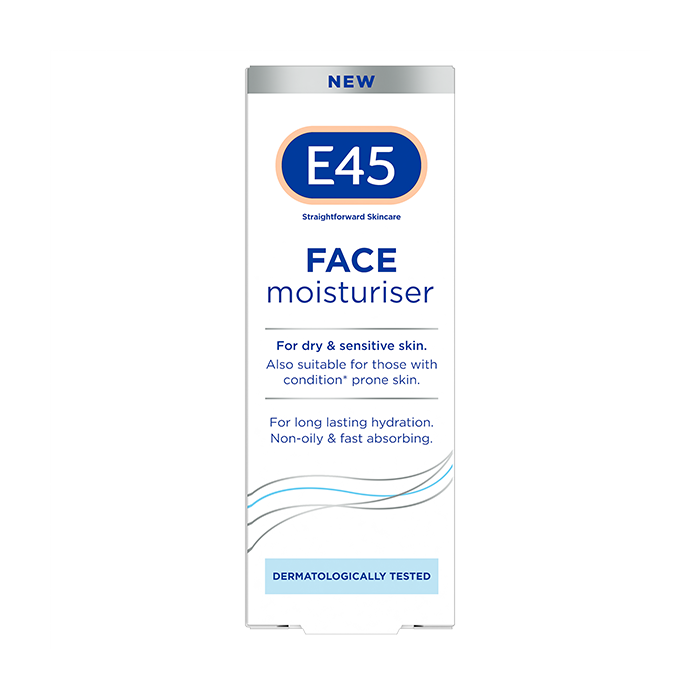Effective Care for Dry Skin in Babies
When it comes to baby’s skin, we imagine it to be soft and smooth to-the-touch, making it easy to forget just how delicate it really is. It’s common for little one’s skin to be prone to dryness, especially in the autumn and winter.
As parents, we know that soothing your baby’s dry skin is something to address quickly and effectively. That’s why we’ve put together this easy guide to help understand the ins or outs of dry skin in babies, and find effective methods to prevent further skin damage.
Our Guide to Baby’s Dry Skin
Take a look through the following steps which will help you understand the causes of dry skin in babies and share some gentle care tips to soothe symptoms. It’s important to address symptoms as soon as they appear, to avoid skin issues escalating.
Understanding Your Baby’s Dry Skin
Dry skin in babies is often a result of environmental factors, like cold weather, harsh soaps, or prolonged exposure to water. In some cases, it might be indicative of skin conditions like eczema or psoriasis. Common signs of dry skin on your baby include:
- Flaky or rough patches
- Visible signs particularly on the face or scalp (often referred to as “milk spots”)
- Accompanying redness
- Skin peeling
Dry skin can tighten and become itchy, causing discomfort. Babies with dry skin may become irritable and have difficulty sleeping. They may rub against fabrics or even scratch their skin, potentially leading to skin damage and risk of infection.
Common Causes
Baby’s skin though resilient, is significantly more delicate than adult skin, making it highly susceptible to moisture loss. This can sometimes result in dry skin, especially in in newborns. Moisture loss is typically down to the underdeveloped sebaceous glands (the glands that produce the skin’s natural oils).
Gentle Care Tips
Dealing with dry skin for newborns and babies might feel daunting, but the following tips and tricks can help manage your little one’s symptoms.
The first weeks
In the first few weeks, it’s common that your infant’s skin is dry and flaking. It’s advised to be careful using products to soothe symptoms. Always check in with a midwife or doctor if you think treatment is needed.
Plan New Bath Time and Skincare Routines
Setting up a regular bathing and skincare routine can help lock in skin moisture on baby’s skin. Some of our tips when planning these for your little one would be:
- Limit bath time to 10-15 minutes.
- Use lukewarm water to prevent skin dryness.
- After bathing, gently pat your baby’s skin dry and apply a moisturiser.
Moisturise with Gentle Products
Keeping skin moisturised is a must-do for managing dry skin in babies. If you’re looking for a solution during bath-times, you can try our E45 Junior Foaming Bath Milk. Its soft and creamy foam has a soothing milk to gently cleanse and moisturise little one’s skin, especially those with dry and sensitive skin (suitable from the age of 12 months).
Choose Baby-Friendly Fabrics
When choosing outfits for your baby, always check the label for breathable fabrics like cotton or linen. These softer fabrics can reduce potential skin irritation from rough materials. Also avoid washing baby clothes with harsh detergents, as they can strip away natural oils, leading to dry skin.
Effective Solutions for Your Baby’s Dry Skin
Along with the above tips, there are some lifestyle changes and watchouts that you can be mindful of too, to avoid dry skin on your baby.
Stay hydrated and keep a balanced diet
It might seem a little obvious, but ensuring your little one is drinking plenty of water throughout the day and eating a balanced diet, may help towards the symptoms of dry skin.
For breastfeeding mothers, the same rule applies, make sure you’re staying hydrated and sticking to balanced diet.
Be careful of the sun
Sun protection is crucial for babies as their delicate skin is more vulnerable to harmful UV rays as they don’t have enough melanoma. Always make sure to follow best practices when it comes to sun protection by applying sunscreen regularly, seeking shade and dressing your baby in lightweight UV protective clothes.
Conclusion
As parents, seeing your baby uncomfortable due to dry skin can be tough. But it’s always good to remember that this is very common in little ones, and there are many small changes to your day-to-day that can make a huge difference to your baby’s skin.
There may be an element of trial and error that comes with these tips and tricks, as what works for one might not work for another. Be patient, and you’ll find what best suits your baby’s skin needs.
For more severe or persistent cases of dry skin, always seeking advice from a doctor.
FAQ: Baby’s Dry Skin
What can I put on my baby’s dry skin?
You can use gentle, hypoallergenic, and paediatrician-recommended moisturisers and creams on your baby’s dry skin. Always remember to patch test any new product on a small area of your baby’s skin first.
What causes excessive dry skin in babies?
Excessive dry skin in babies can result from a variety of factors. These include environmental factors like cold, dry weather, harsh soaps, prolonged exposure to water, and an underdeveloped skin barrier that can make a baby’s skin susceptible to losing moisture. In some cases, it can be a symptom of skin conditions like eczema or psoriasis.
Does dry skin mean the baby is dehydrated?
Not always. While dry skin can be a sign of dehydration, it’s often due to external factors like cold weather or harsh soaps that can strip the skin’s natural oils. However, if dry skin is accompanied by other signs of dehydration such as a dry mouth, few or no tears when crying, sunken eyes or cheeks, and less frequent urination, you should consult a doctor immediately.
Should I moisturise my baby’s dry skin?
Absolutely. Regular moisturising is crucial for managing baby dry skin. It helps replenish the skin’s natural moisture and forms a protective layer on the skin’s surface, preventing further moisture loss. E45 Junior Foaming Bath Milk can be a good addition to your baby’s bath routine, offering a soothing and moisturising bath experience.
How long does dry skin last in babies?
The duration of dry skin varies depending on its cause and the care provided. Generally, if the dry skin is due to environmental factors and appropriate skincare measures are taken, it should improve within a few weeks. However, if the dry skin persists despite these efforts, or if it is due to a skin condition like eczema, it may take longer to resolve, and you should consult a doctor for further guidance.

